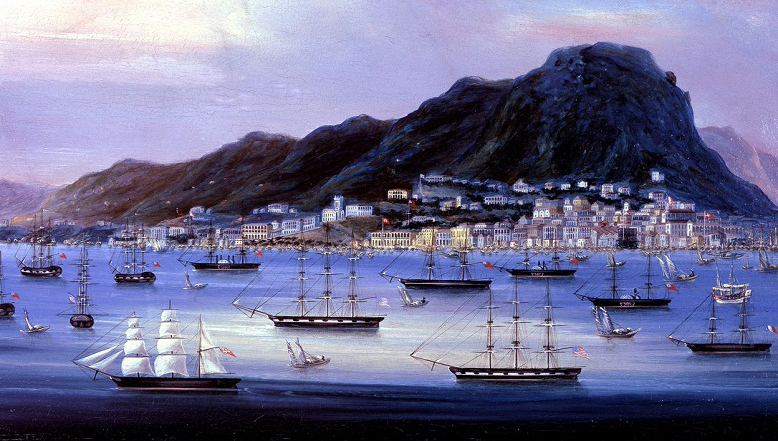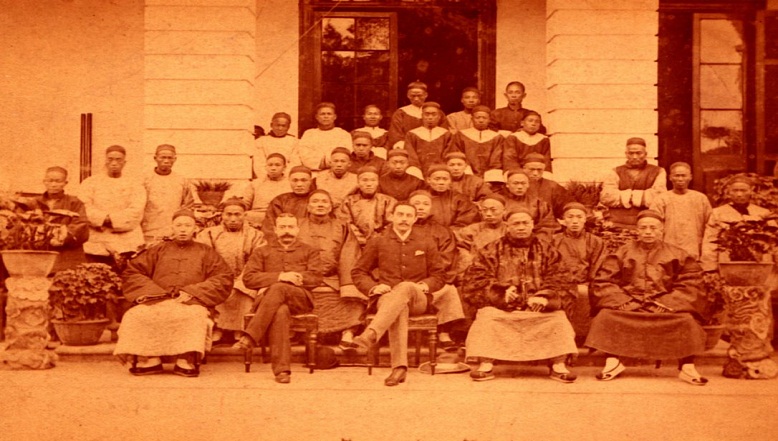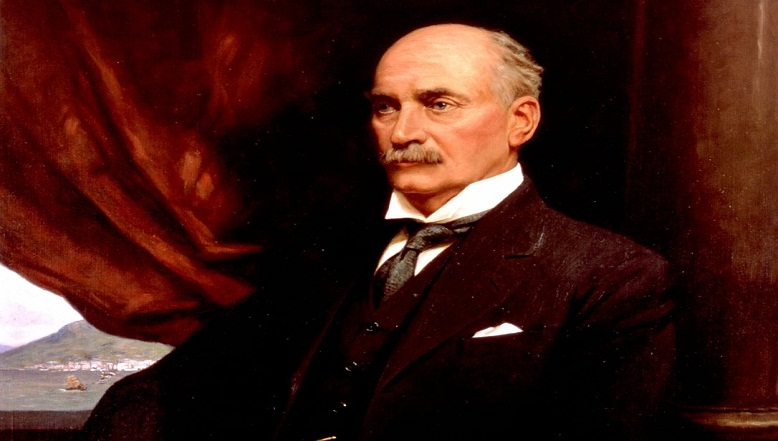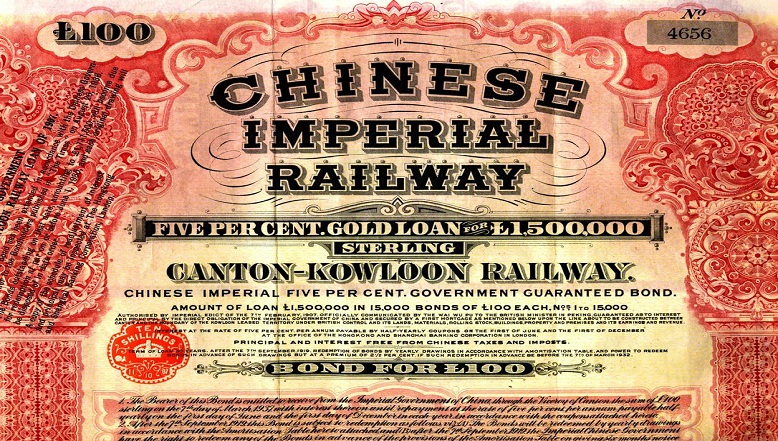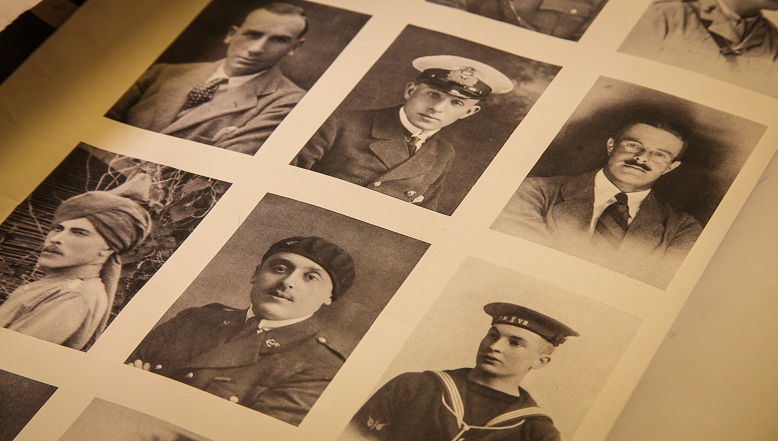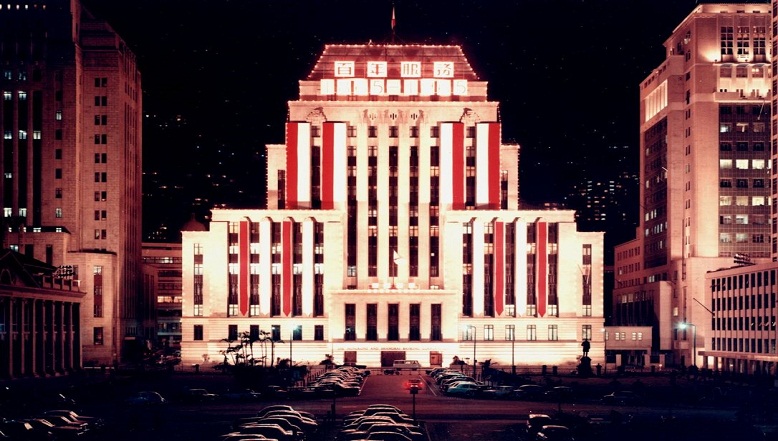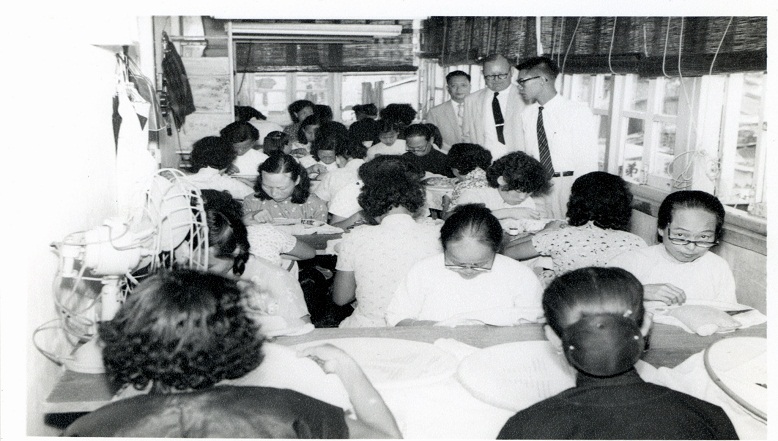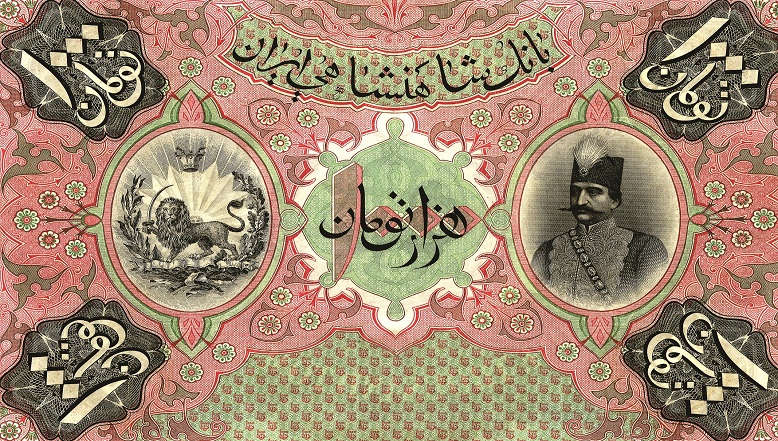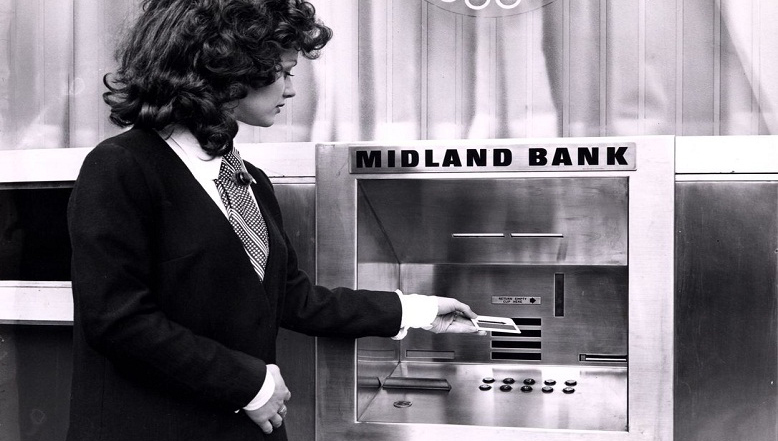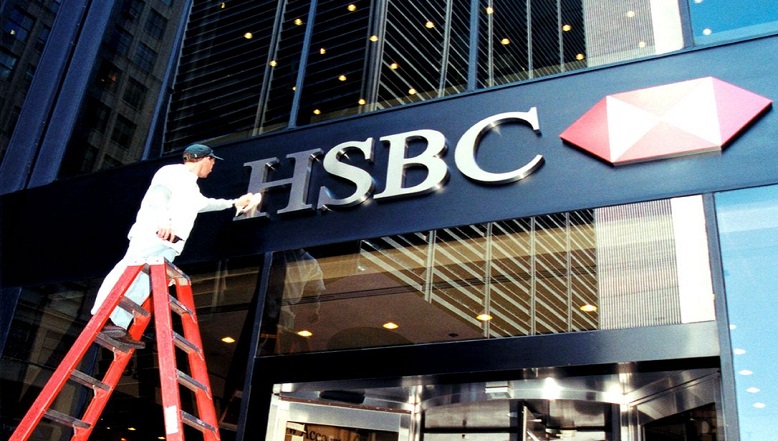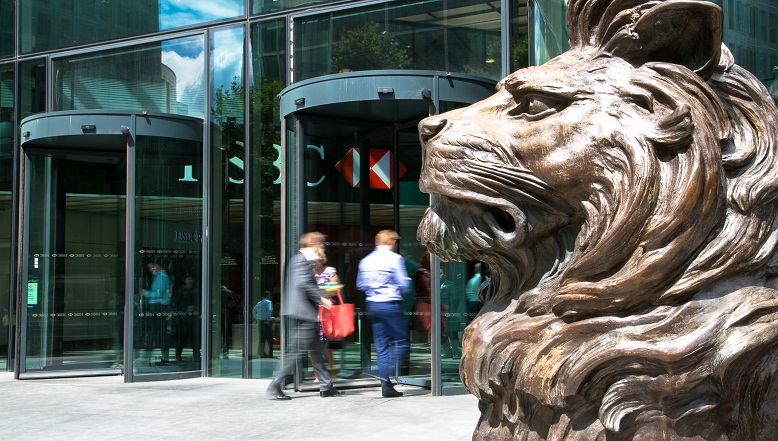The Hongkong and Shanghai Banking Corporation Limited opened in Hong Kong on 3 March 1865 and in Shanghai one month later. It was the first locally owned bank to operate according to Scottish banking principles.
HSBC in Ireland
Our services
HSBC Ireland is the country’s leading international bank. Operating in Ireland since 1979, we provide a wide range of Corporate and Institutional Banking, including Securities Services, as well as Asset Management to our clients.
Proud of our strong heritage and traditions, HSBC’s strength throughout the centuries has been our ability to be innovative and build long-term relationships with our customers and within our communities. This approach, together with a commitment to grow our business organically in each of our markets, has allowed our customers to stay safe and secure.
If you have international ambitions for your business, or are looking to harness our global capabilities for your company’s growth, explore the possibilities that HSBC Ireland can offer you by sending us an e-mail.
Our headquarters
1 Grand Canal Square
Grand Canal Harbour
Dublin, Ireland
Our CEO
Laura Trimble
Chief Executive Officer and Head of Banking, Ireland
Gender Pay Gap Report
The Gender Pay Gap Information Act 2021 requires organisations to report on their hourly gender pay gap across a range of metrics.
Learn more about the 2025 results for HSBC Ireland
Learn more about the 2024 results for HSBC Ireland
Learn more about the 2023 results for HSBC Ireland
Learn more about the 2022 results for HSBC Ireland
